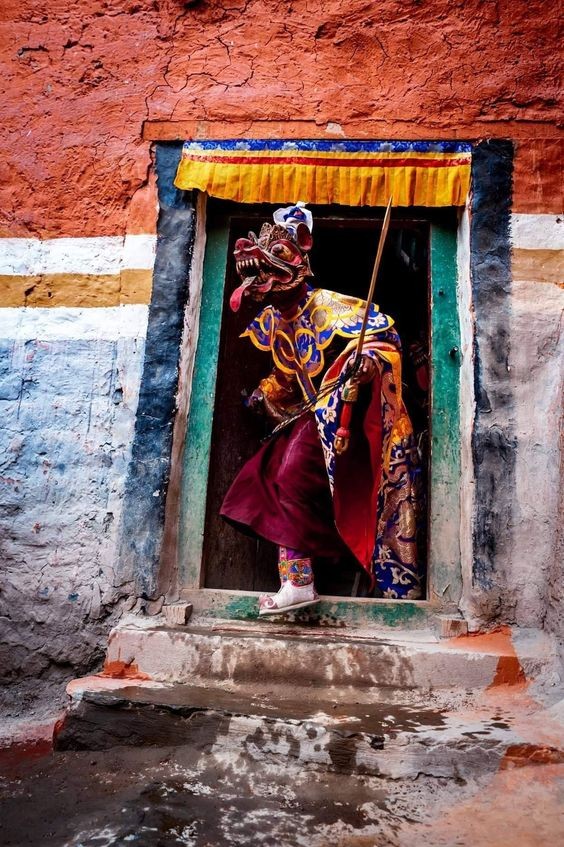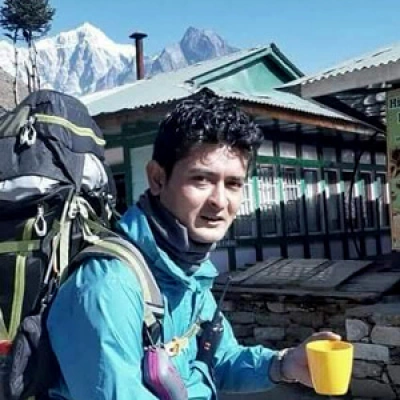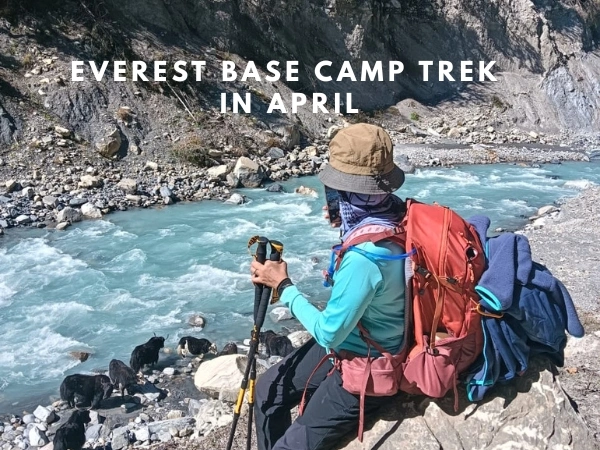Upper Mustang, the region in Nepal's remote northern part, is also known as the Kingdom of Lo. It's known for its unique landscape, old Buddhism culture, and historical importance. In accordance with the different permits and regulations introduced by the Nepal government, Upper Mustang remains a limited area. There are a lot of things that the Nepal government has considered for the Upper Mustang region, thus has become a restricted region of the country. This piece of article seeks to look at the reasons for limiting Upper Mustang with a view to explaining how these measures have an impact on preserving cultural heritage, nature, and local communities in this area.
Why is upper mustang a restricted region?
Cultural heritage is one of the primary reasons that Upper Mustang's region has been restricted. As it once belonged to an independent kingdom with its language, culture, and traditions, the region has enormous historical and cultural value. The Upper Mustang region has been an essential link in the relations between Nepal and Tibet, making it possible to facilitate trade, religious exchanges, and cultural interactions. Upper Mustang has become distinctive in its character, blending Tibetan Buddhism and local traditions over the centuries. The Nepali government has restricted tourism to prevent adverse effects resulting from widespread tourism and maintain the sanctity of sacred places, rituals, and ceremonies. To foster a more meaningful exchange of culture, visitors shall also be encouraged to respect the regional traditions and act in good manners. All these things will certainly help in maintaining the authenticity of this special culture, to protect it.

In addition, the restricted nature of Upper Mustang will certainly contribute to protecting its frail ecosystem and environment. The region has an arid landscape, valleys, and cliffs which are major features of this area making it vulnerable to degradation. The risk of ecological damage, including over-utilization of restricted resources, pollution, and degradation of the natural environment, would be significant if it were allowed to become a free tourist destination.
There are a variety of plants and animals adapted to its arid, mountainous environment in the upper Mustang. The restrictive status contributes to the protection of endangered species, as well as vulnerable ecosystems from disturbances due to unauthorized tourism activities such as habitat loss and wildlife disturbance. Along with this, natural disasters such as landslides and avalanches, which mainly occur during the rainy season, are common in this region. The limited access enables authorities to keep a close eye on visitors' safety, minimize risk and ensure their well-being.
To ensure the livelihood and social well-being of its local community, it is also necessary to preserve the cultural and natural heritage in Upper Mustang. Traditional professions such as farming, animal husbandry, and trade for their subsistence were relied on by those living in the region, most of whom came from the Loba community. These activities have a strong link with local culture and the environment. Such livelihoods may be disrupted by unregulated tourism, which could lead to the loss of old traditions and generate economic disparities. The prohibition of tourism permits the rural communities to preserve their way of living, while at the same time providing them with an opportunity for sustainable development and culture preservation using regulated tourism.
The other reason for imposing high restrictions in the upper Mustang region is its proximity or say boundary with Tibet (China). The Nepalese government has put in place border security measures to prevent any possible infiltration or illicit activities because of geopolitical factors and the region's history. It also serves to strengthen Nepal's relations with China to preserve peace, stability, and national security.
In addition, the limited status of Upper Mustang provides an opportunity for tourism regulation and efficient management of scarce resources in this region. Mass tourism cannot be supported by the weak infrastructure, which includes accommodation, transport, and essential services. To ensure that the available infrastructures are sufficiently able to respond to visitor needs and local communities, restrictions on tourism serve as a means of preventing existing acute resources from being exhausted The government can control the numbers of visitors, guarantee sound management of resources and preserve the quality of tourism service by imposing restrictions. In addition to protecting the integrity of the region, this approach provides visitors with a more sustainable and pleasant experience.
Lastly, some factors that emphasize the need to preserve artistic heritage, environment conservation, good community living, and National Security justify the limited status of Upper Mustang. The government of Nepal is committed to promoting sustainable management of tourism through the imposition of permits and regulations to preserve an ancient cultural heritage within this country, protect its delicate ecosystem, foster local livelihoods as well as ensure border security. This action, allowing generations to experience and learn from its rich history, cultural diversity, and beauty of nature, plays a key role in sustaining Upper Mustang's authenticity and lasting sustainability over the coming decades.




